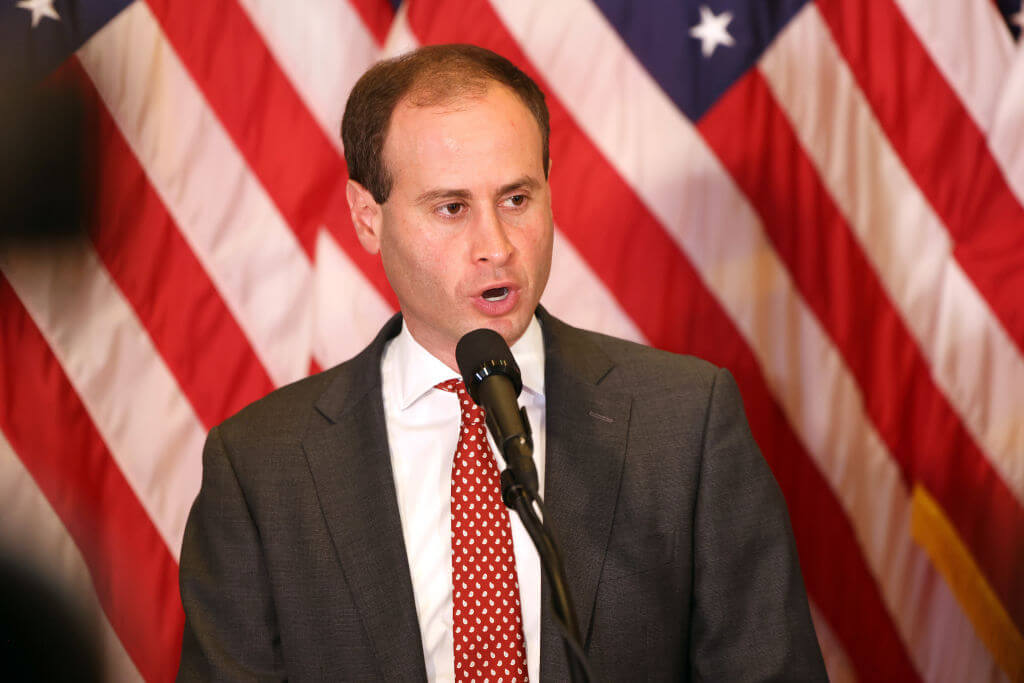Did Barack Obama Have ‘Harsh’ Phone Chat With Benjamin Netanyahu Over Gaza?

Better Days: Barack Obama and Benjamin Netanyahu chat in White House. Image by getty images
U.S. and Israeli officials sharply denied an account of a tense conversation between President Obama and Israeli Prime Minister Benjamin Netanyahu.
The conversation described Tuesday night on Israel’s Channel One TV allegedly was the one Obama and Netanyahu had on Sunday evening, in which the White House had said in a statement that Obama had demanded an “immediate, unconditional” ceasefire.
The station quoted a “senior American source” as saying that the conversation was “tense” and that Obama was “condescending” and “hostile” to Netanyahu, behaving like the “law professor he once was,” showing “impatience and a lack of understanding of Israel’s problems.”
In an excerpt from the alleged transcript, Obama “demands” Israel adhere to a cease-fire and argues with Netanyahu over the role of Qatar and Turkey as interlocutors; Netanyahu says he does not trust those nations because of their closeness to Hamas and Obama says Israel in a position to pick and choose mediators.
Within minutes of its screening, Dan Shapiro, the U.S. ambassador to Israel, Caitlin Hayden, the spokeswoman for the National Security Council, and Ben Rhodes, the deputy national security adviser were on Twitter, expressing alarm.
“We have seen reports of an alleged POTUS-Netanyahu transcript; neither reports nor alleged transcript bear any resemblance to reality, “ said Hayden on the official NSC account, using the acronym for President of the United States.
“Shocking and disappointing someone would sink to misrepresenting a private conversation between POTUS and PM in fabrications to Israeli press.”
Added Rhodes, after re-tweeting those statements: “This transcript of POTUS-PM call” report is totally false.”
The report comes amid rising tensions in U.S.-Israel relations.
On Monday, the Israeli ambassador to the United States, Ron Dermer, made nice with the U.S. national security adviser, Susan Rice, before an audience of anxious U.S. Jewish leaders. But right before, Israeli Prime Minister Benjamin Netanyahu bluntly vowed to continue Israel’s military campaign against Hamas, notwithstanding President Obama’s unequivocal demand for a cease-fire.
And within a day of Israeli and American pledges not to afflict one another with damaging leaks, Israeli television was running the transcript of what it said was a fraught Obama-Netanyahu telephone conversation.
The tumult in U.S.-Israel ties reflects the confusing and open-ended nature of the current war between Israel and Hamas, insiders and experts suggest.
“The [Israeli] government is confused, the [Israeli] public is confused, and I’m not sure the [Obama] administration is giving absolutely clear signals,” said Peter Medding, a political science professor emeritus at the Hebrew University of Jerusalem whose specialty is Israel-U.S. relations. “That’s not a good situation.”
In the first weeks of the war, Netanyahu and Obama seemed to be on the same page, with both leaders angling for cease-fires and putting the blame squarely on Hamas.
But as the war has dragged on, the leaders have been pulled in opposite directions. Obama has been concerned with the rapid growth of civilian casualties while Netanyahu has been concerned with the vast network of Hamas-built tunnels running under the Gaza-Israel border.
“We will not complete the mission, we will not complete the operation, without neutralizing the tunnels, the sole purpose of which is the destruction of our civilians and the killing of our children,” Netanyahu said at a news conference Monday, a day after Obama had called for an “immediate, unconditional humanitarian ceasefire.”
A message from our CEO & publisher Rachel Fishman Feddersen

I hope you appreciated this article. Before you go, I’d like to ask you to please support the Forward’s award-winning, nonprofit journalism during this critical time.
At a time when other newsrooms are closing or cutting back, the Forward has removed its paywall and invested additional resources to report on the ground from Israel and around the U.S. on the impact of the war, rising antisemitism and polarized discourse.
Readers like you make it all possible. Support our work by becoming a Forward Member and connect with our journalism and your community.
— Rachel Fishman Feddersen, Publisher and CEO























